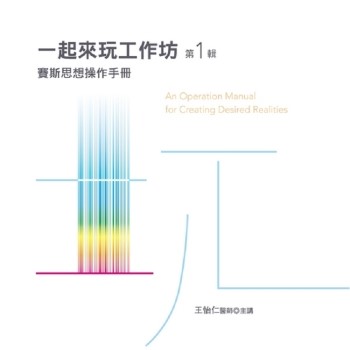Drawn from his experience as the executive dean of Wilner Sales and Leadership Institute, Leon Cai shares his proven philosophy and methods for improving leadership skills among middle and high-level managers. Leon is one the top ten most influential trainers in China winning "Honor China Award" and is a leading figure in China’s training and consulting industry.
Gear-Shifting Leadership, now in its Second Edition, is a book designed to improve leadership ability of practicing managers and addresses the full spectrum or panorama of what is expected from successful leaders. Managers need to grasp more than just one or two aspects of leadership, but the whole content and complete framework of it. Gear-Shifting Leadership, Second Edition provides the concepts, tools, and examples needed for managers to become effective leaders.
Updated with new examples and tools, this second edition of Gear-Shifting Leadership synthesizes dozens of leadership models, and fully displays "the panorama of leadership." The author demonstrates the panorama by showing the links and connections between different parts of leadership. The book displays the four gears and nineteen components of leadership managers need to develop. The four gears are: Followership, Face-to-face Leadership, In-Direct Leadership, and Organizational Executive Leadership.
- Followership refers to the ability of leaders to win the trust from subordinates, superiors, and counterparts through demonstrative self-management.
- Face-to-face Leadership demonstrates the leaders’ ability to drive, encourage, instruct, manage, control, and develop direct subordinates and core teams. It exhibits leaders’ one-on-one leadership abilities targeted at their direct subordinates.
- Indirect Leadership shows the leaders’ influence and driving power towards indirect subordinates and the whole team, and it can be defined as the leaders’ role in managing the team as a whole.
- Organizational Executive Leadership shows leaders’ acute insight of the dynamic changes in their organizations, and the leaders’ ability to optimize their own approach to managing the team and in so doing, adapt to changes in both the internal and external environment of organizations.
The book walks readers through each gear as well as the several components it comprises. Many leadership books have excellent concepts and ways of thinking, but lack practical sheets, models and tools, so that books of this type can only improve leaders themselves and can’t be widely used in their organizations. Gear-Shifting Leadership illustrates the model, tables, evaluation questionnaires, and simplified tools that will make the material in this book practical and applicable.












